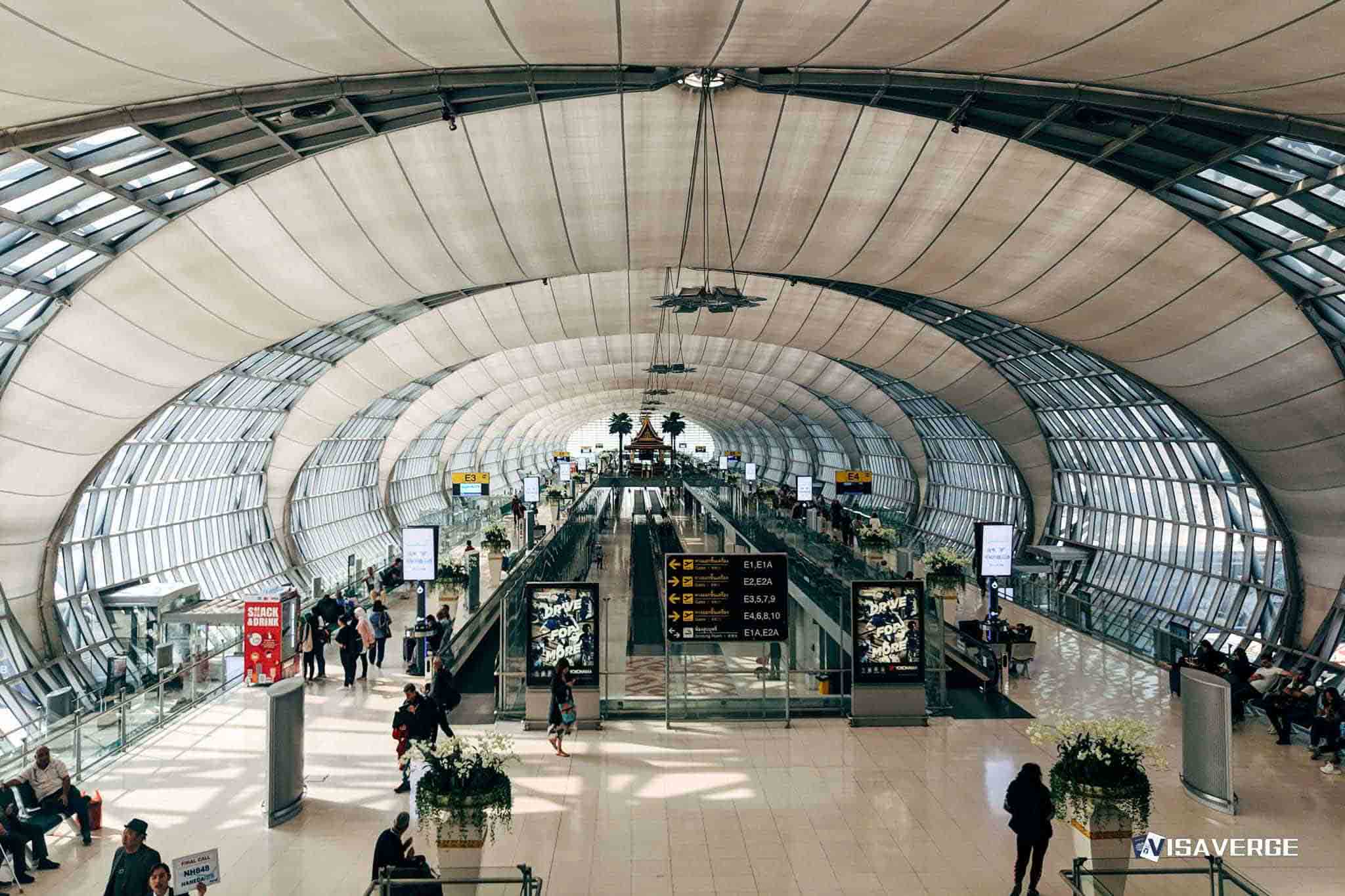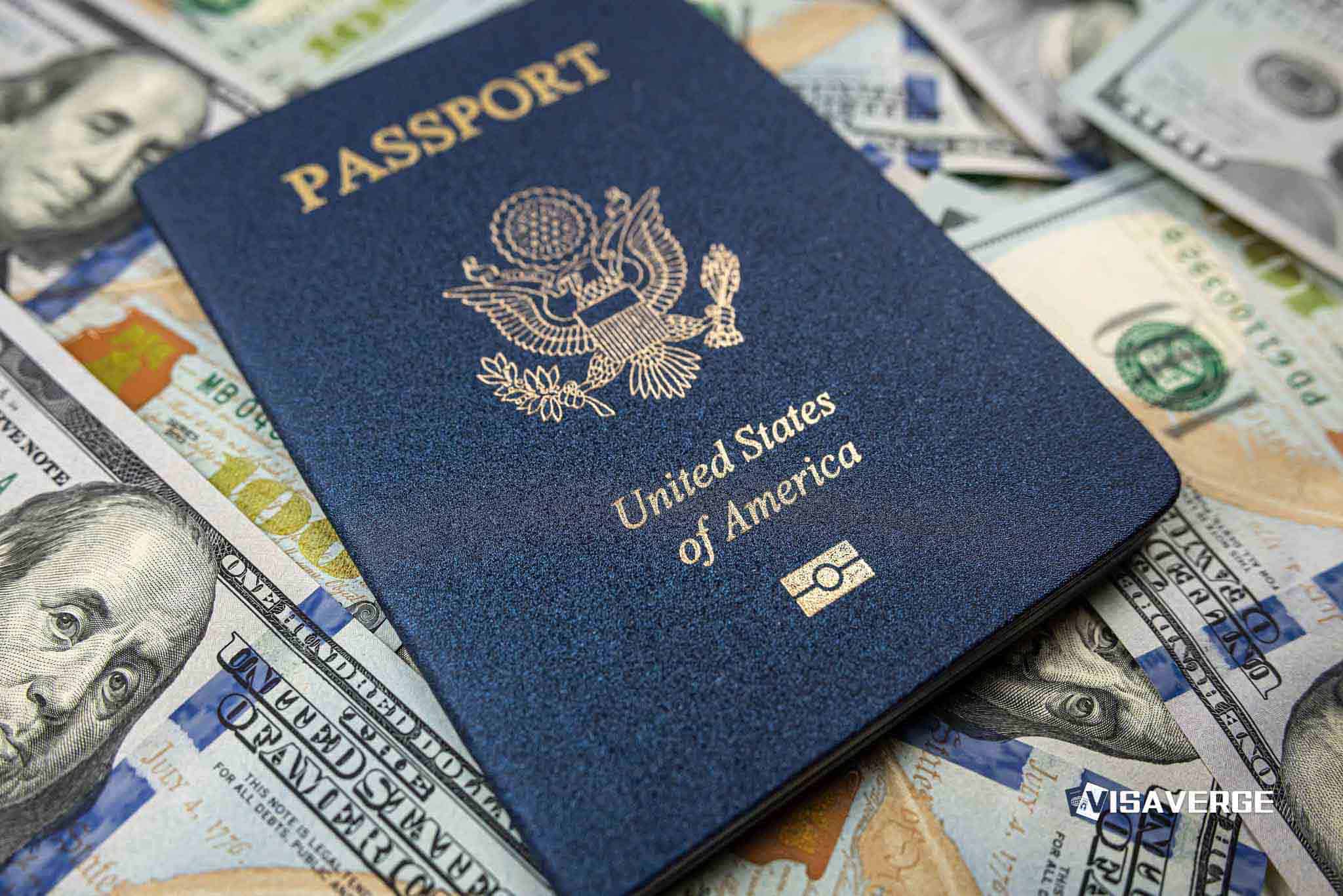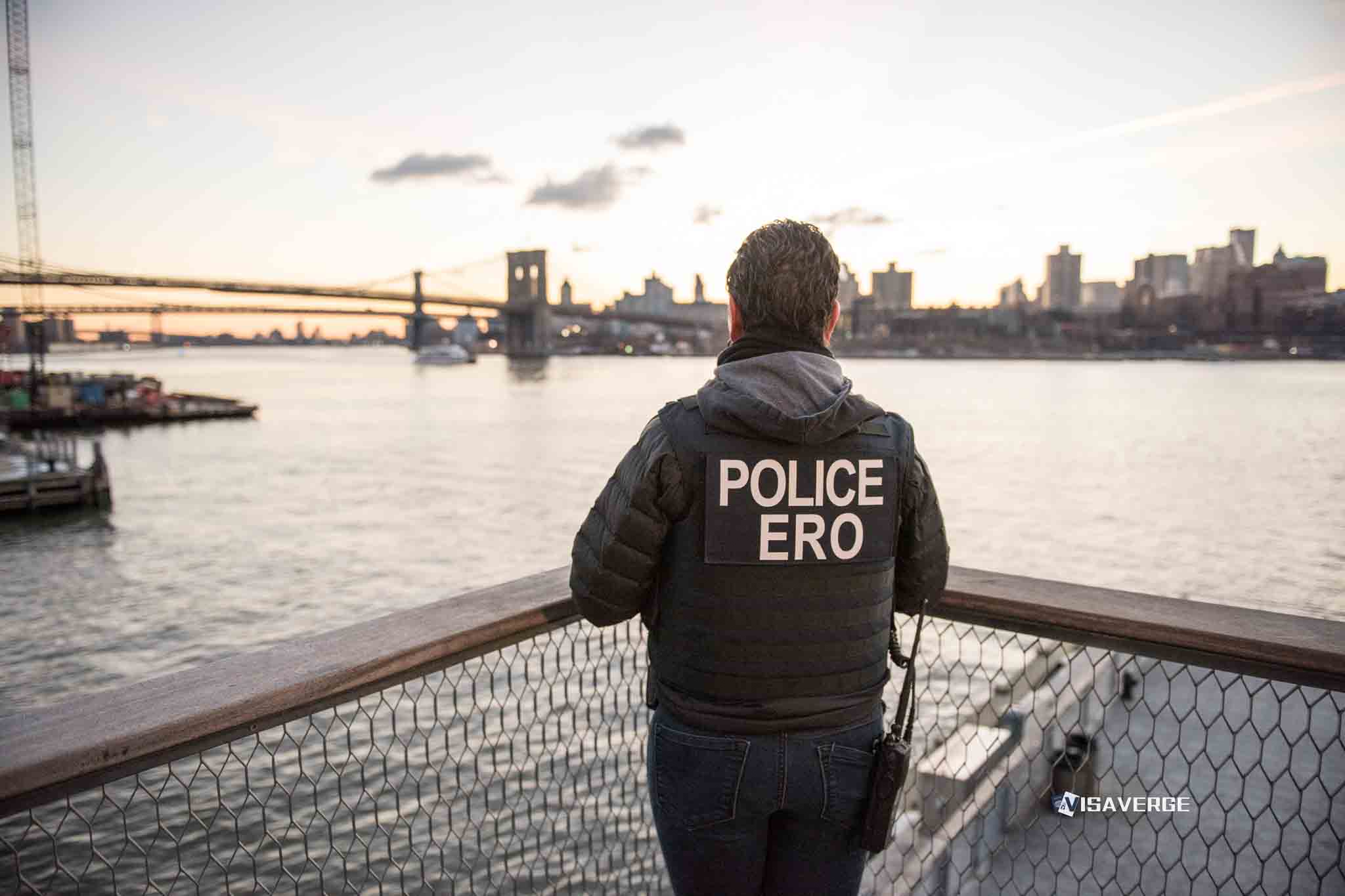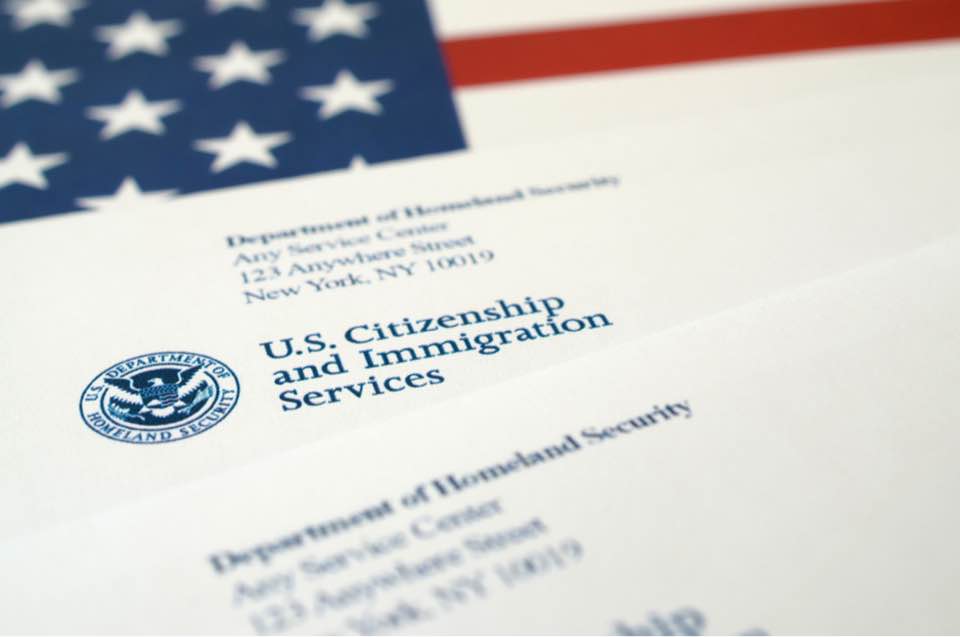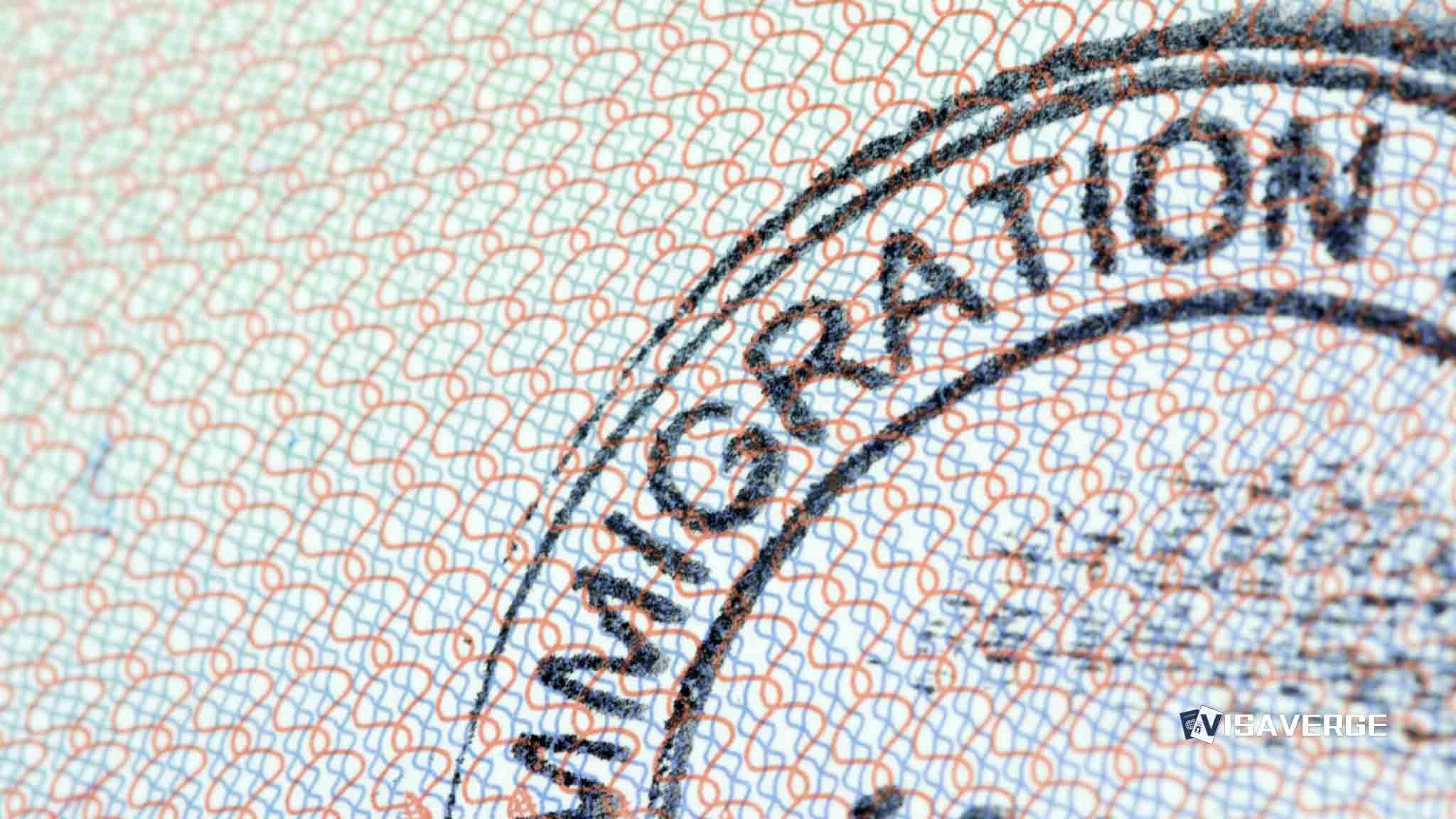(ATLANTA) KLM canceled its Atlanta–Amsterdam flight on November 25, 2025, after an unruly passenger caused a disturbance while the aircraft was taxiing for departure at Hartsfield-Jackson Atlanta International Airport, forcing dozens of international travelers to abandon their overnight trip to Europe and scramble for new connections.
What happened on Flight KL622
The incident occurred on Flight KL622, which was preparing to leave Atlanta for Amsterdam when the behavior of one passenger drew enough concern that crew members stopped the aircraft and requested help from authorities. Local law enforcement boarded the plane and began investigating the passenger’s actions, and the airline chose to keep the aircraft at the gate rather than continue the journey.
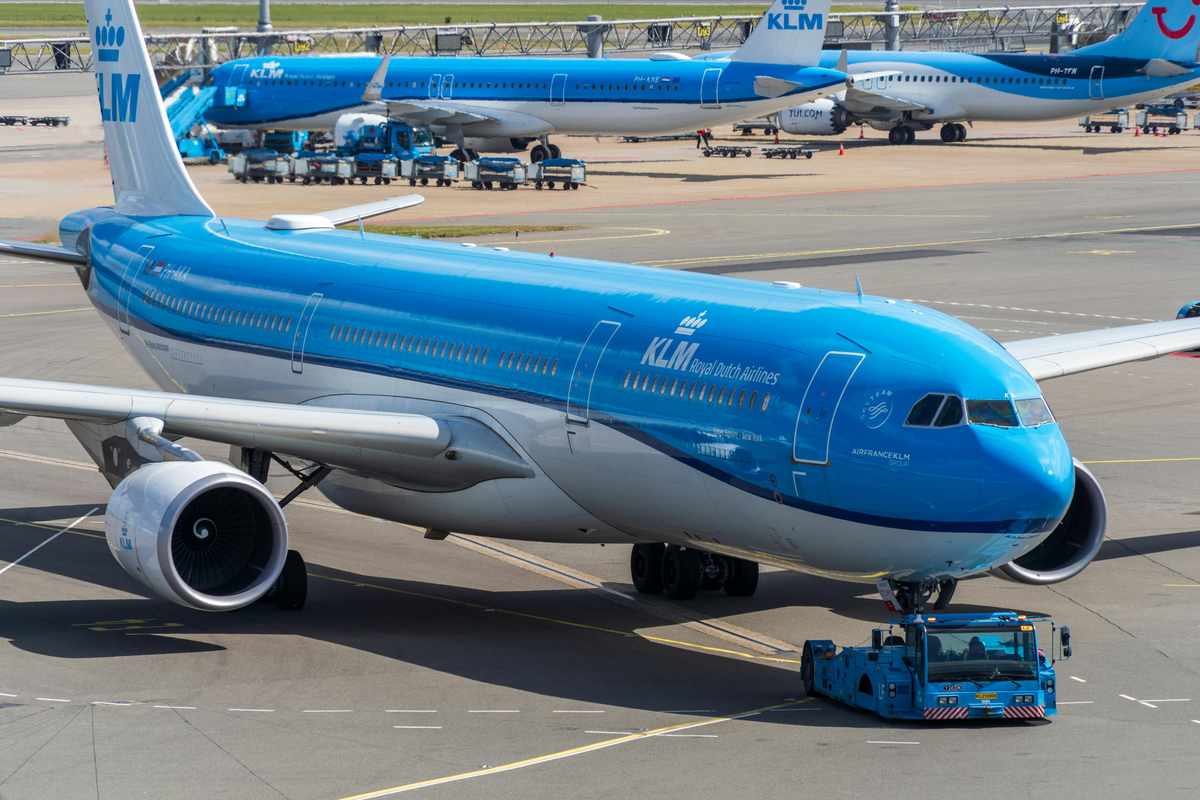
KLM did not provide details about the passenger’s conduct but stressed the decision to cancel was made purely for safety reasons.
“We understand that this is inconvenient for the other passengers,” KLM said, adding that all remaining travelers were rebooked on the next available services to their destinations.
Immediate consequences for travelers
KLM expressed regret for the disruption and said all remaining passengers were rebooked on the next available flights. For many affected travelers, that likely meant:
- An extra night in Atlanta hotels
- Long calls to family members or employers in Europe
- Risk of missing onward trains, meetings, consular appointments, or personal events
Typical passenger experiences during and after the disruption
Passengers stuck on board likely experienced a mix of:
- Confusion and fear as events unfolded
- Frustration when the overnight departure was canceled
- Concerns about losing nonrefundable bookings or missing scheduled immigration interviews
- The need to notify relatives or contacts expecting them on arrival
Broader implications — why a single unruly passenger matters
Although KLM framed the cancellation mainly as a safety step, disruptions on transatlantic routes can have wide-reaching effects beyond the cabin. Many of these passengers are connecting to other countries, attending consular appointments, or arriving in Europe immediately before visas or residence permits begin.
When a flight is canceled because of an unruly passenger, travelers can face:
- Tight immigration timelines or expired entry documents
- The need to explain unexpected travel changes at border checks — even if they were innocent bystanders
- Rebooking paperwork required to show why arrival dates differ from original itineraries
Impact on immigration and records
For lawful permanent residents, work-visa holders, and students, sudden cancellations can create document or timing issues. Travelers sometimes rely on exact travel dates to match entry stamps and electronic records such as the Form I-94 arrival and departure history, accessible through the official I-94 website: https://i94.cbp.dhs.gov.
U.S. Customs and Border Protection provides general arrival procedure information at https://www.cbp.gov/travel.
Passengers whose journeys are disrupted may later need to present:
- Airline emails
- Rebooking confirmations
- Other proof explaining why actual arrival dates differ from initial plans or visa applications
Monitor flight status on the day of departure and have a backup plan: alternative airport, earlier arrival to secure hotel, and a list of contacts for consular appointments in case of delays.
Law enforcement and investigation status
KLM did not say whether any arrests were made or whether the unruly passenger remained in custody after questioning. Atlanta police had not released information at the time of the airline’s announcement.
KLM noted that this case fits a broader rise in disruptive behavior on flights worldwide, a pattern that places extra pressure on airlines, crews, and border officers. Analysis by VisaVerge.com indicates such incidents sometimes force immigration officials to review travel histories more closely when arrivals are postponed or rerouted.
Why cancellations often follow police involvement
Once police board and statements are collected on board:
- Crew duty-hour limits can be reached.
- Necessary investigations delay or prevent departure.
- The safest operational choice can become a cancellation rather than proceeding.
An unruly passenger may refuse to follow instructions, argue with other travelers, or show signs of distress that raise safety questions. Even without knowing the precise conduct on KL622, the Atlanta outcome demonstrates how quickly one person’s behavior can halt a long-haul departure.
Safety, border control, and crew responsibilities
The incident illustrates how modern air travel links safety rules with border control. Cabin crews are responsible for keeping order in an environment that will soon be thousands of meters above the ocean, far from immediate help.
- Reporting an unruly passenger protects everyone’s chance to arrive and pass through immigration without extra complications.
- A serious disturbance could cause diversions, emergency landings, or injuries, all of which would complicate border checks later.
- By keeping Flight KL622 on the ground and canceling it, KLM removed that risk at the cost of delayed travel and rearranged plans.
Ongoing questions and the airline’s message
KLM has not said whether it will seek compensation from the traveler involved or change procedures on the Atlanta route. The length of any local-authority investigation remains unclear.
What is clear is the airline’s firm response sends a message: a single moment of poor judgment by one person can strand an entire cabin full of families, workers, and students — many on strict visa schedules or with time-limited permissions to enter another country.
On this November night in Atlanta, safety and order won out, but only after everyone’s journey was pushed back.
KLM canceled Flight KL622 from Atlanta to Amsterdam on Nov. 25, 2025, after an unruly passenger prompted police to board during taxiing. The airline kept the aircraft at the gate for safety and rebooked remaining travelers on subsequent flights. Passengers faced overnight accommodations, missed connections, and potential immigration timing complications. Authorities have not confirmed arrests, and KLM highlighted a wider trend of disruptive onboard incidents affecting airlines and border procedures.




